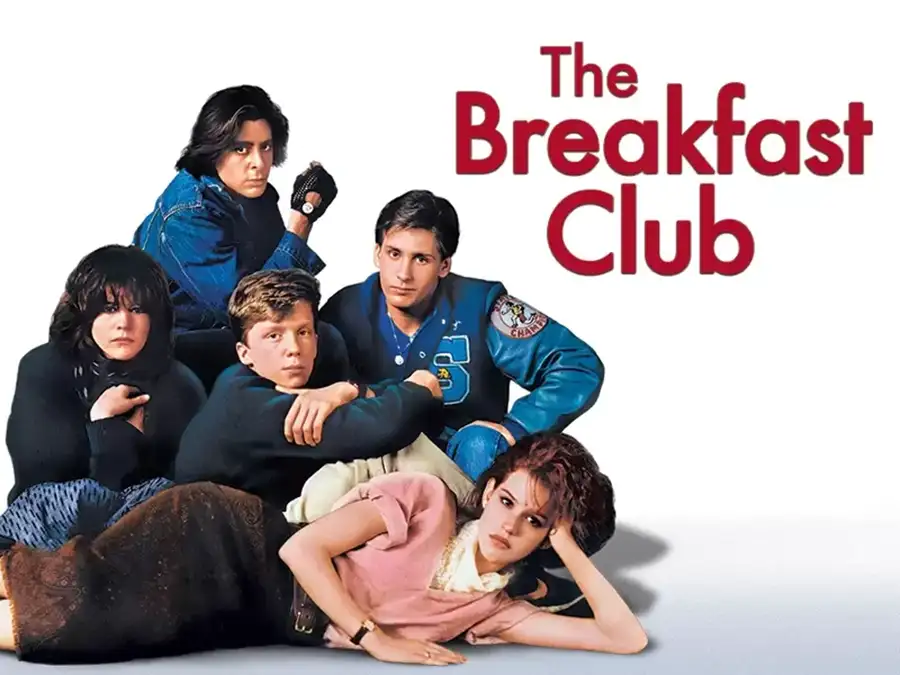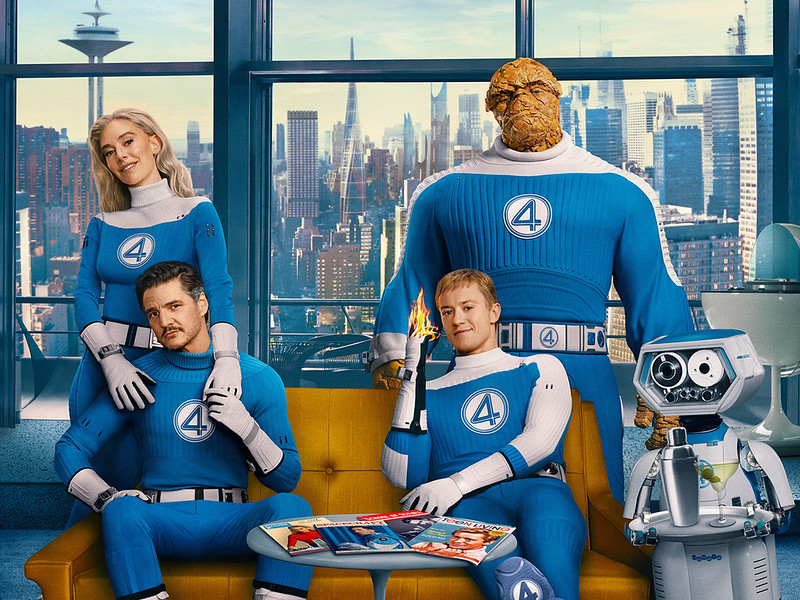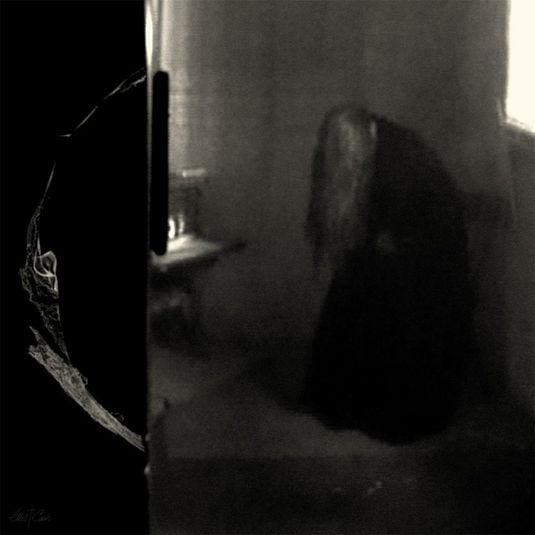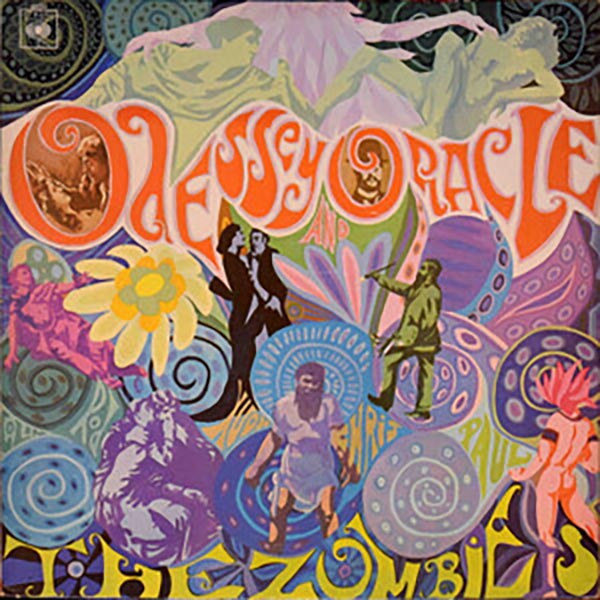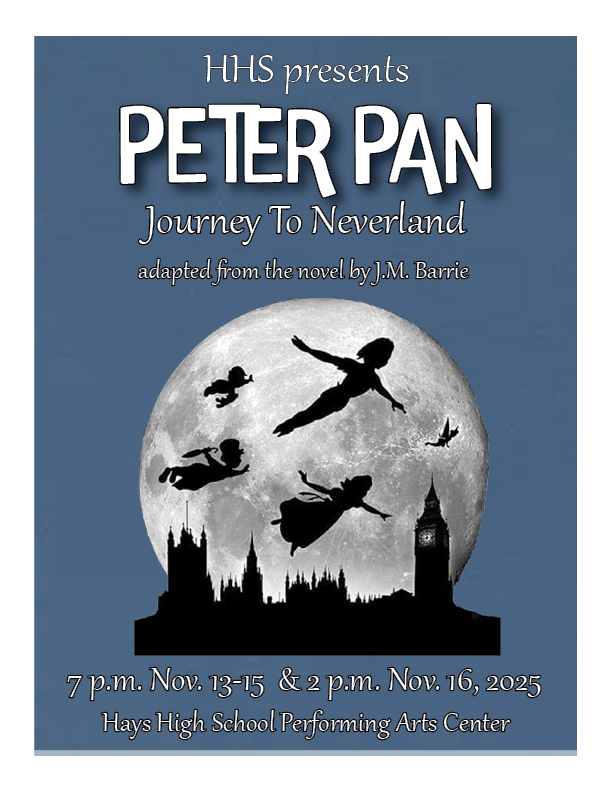Released on Feb. 15, 1985, “The Breakfast Club” has remained a classic for the last 40 years. The movie still holds relevance in today’s world, making it truly timeless.
“The Breakfast Club” was written and directed by the brilliant mind that is John Hughes. Hughes’ filmography ranges from “Ferris Bueller’s Day Off” to “Home Alone.” His masterpieces truly capture the feeling of being a teenager and the pressures that come with it. Hughes put all of that on display in “The Breakfast Club.”
The movie explores themes of teenage friendships, tension with parents, academic pressures, stereotypes and overall societal pressures. Although not much action happens during the movie – most of it takes place in a school library – the story keeps the viewer engaged.
Right off the bat, the movie starts with a quote on screen from David Bowie’s song “Changes.” The quote reads: “… And these children that you spit on as they try to change their worlds are immune to your consultations. They’re quite aware of what they’re going through…” This sets the tone of the movie perfectly.
Then the screen breaks into showing stills of Sherman High School, where “The Breakfast Club” takes place. During this little montage, a voice speaks over the pictures. This voice, who is later introduced as student Brian Johnson, played by the then 17-year-old Anthony Michael Hall, sets the scene as a Saturday at approximately 7 a.m., when five teenagers are gathering for detention.
One by one, the stars of the film arrive at school with their parents dropping them off. Played by Molly Ringwald, Claire Standish, the “princess” of the story, is dropped off by her doting, rich father. Brian is dropped off by his mother and younger sister, who emphasize the importance of academics. Played by Emilio Estevez, Andrew “Andy” Clark, the “athlete” in the story, is dropped off by his overbearing, competitive father. John Bender, played by Judd Nelson, walks in with no parents in sight. Allison Reynolds, played by Ally Sheedy, steps out of the back seat of her parents’ car, and the car drives away before she can say anything to them.
The five teens sit in the school library and are addressed by the strict principal Richard Vernon, who orders them all to write essays on who they think they are. He also lays out multiple rules about how they cannot move, talk or close the door. After Vernon leaves, the crew of five make conversation that turns into arguing because of Bender. They discuss clubs, friends, sports, drugs and home lives. For the most part, at this time, they all see themselves as very different people that cannot relate to one another.
Bender, ever the rebel, decides to close the door to the library. When Vernon comes in to question who did it, no one outs Bender as the culprit. This moment is the beginning to the five teens having a sense of solidarity.
Every now and then throughout the movie, Vernon is shown in his office or walking around the building to provide a little insight into his own life. The is shown most in-depth when he has a conversation with Carl, the janitor, in the school’s basement. They discuss how Vernon chose the job because he thought it would be easy, but it is not.
Throughout more of the movie, the group of five show their differences, like in how their lunches clearly reflect their home lives, as well as their similarities, when they share in dance scenes and how they do not want to be like their parents.
The teens express that, for many of them, the reason they had detention was because of the actions they took because of the pressures from their parents. They all sit in a circle and have one of the most iconic conversations in film history. This scene is largely improvised, showing the talent of the actors and the rawness of the characters.
At the end, the group of five realize that they do not fit into the stereotypes they thought they did. They end up connecting and forming a friendship in some ways.
Brian restates his monologue from the beginning and adds a little more to it. He states that Vernon will only see them how he wants to see them but that they have learned who they are. “The Breakfast Club” ends with Bender’s fist in the air and Brian saying, “Sincerely yours, the Breakfast Club.”
Not only are the themes relatable to anyone, almost every part of the film is timeless. The clothing could fit into almost any decade in the past 40 years.
Hughes was a master at creating real characters. He also chose amazing sets to enhance the story. The music also builds in the perfect moments to add tension. Every single piece of this film feels intentional to create the world that belongs in the story of “The Breakfast Club.”
In the past 40 years, “The Breakfast Club” has not faltered in its reflection of teenagers’ experience. Although it is dramatized, it is very real, and each person can find at least one part of this movie or one line of dialogue that they can relate to.
Here’s to another 40 years.
Sincerely yours,
The Breakfast Club <3
25ctholstrup@usd489.com


